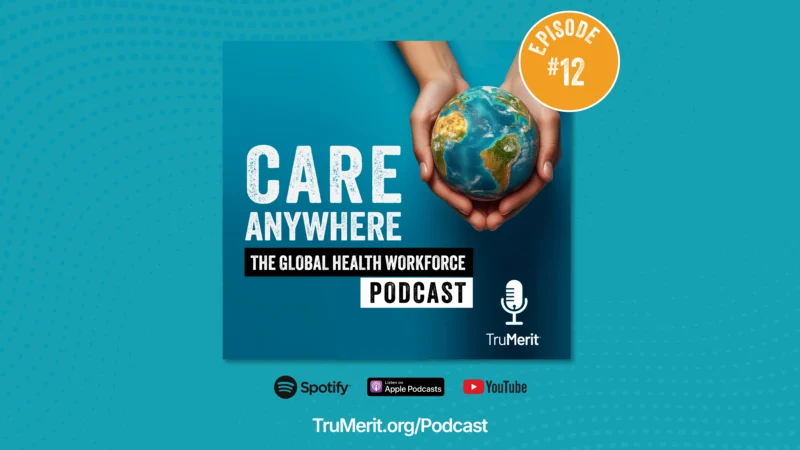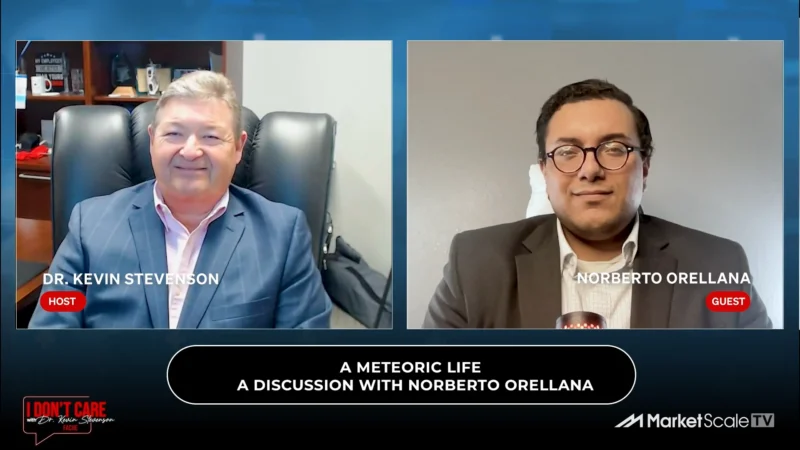Michael Blumenthal with Hyro
Michael Blumenthal from Hyro joins the ViVE show floor to discuss the emerging role of AI in healthcare. She highlights how Hyro is not just talking about AI’s potential but is actively deploying it with healthcare organizations, delivering impactful results. Michael emphasizes Hyro’s success in integrating deeply into the healthcare community, focusing solely on healthcare’s unique needs and complexities. She attributes Hyro’s success to building strong relationships with CIOs and healthcare professionals, listening to their challenges, and collaboratively finding solutions. Michael also underscores the importance of long-term partnerships, ensuring that their technology continues to add value throughout the implementation process. She credits Hyro’s approach and relationships as the key to their success, wrapping up with a nod to their vibrant, community-focused company culture.




